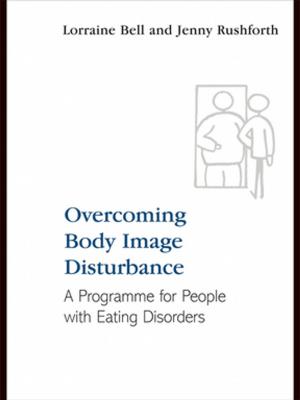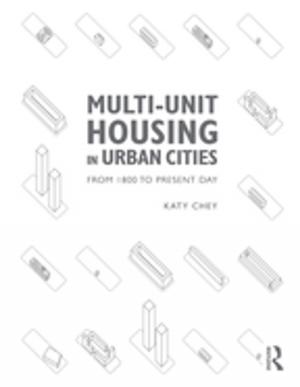Experiences of Islamophobia
Living with Racism in the Neoliberal Era
Nonfiction, Social & Cultural Studies, Social Science, Sociology| Author: | James Carr | ISBN: | 9781317529415 |
| Publisher: | Taylor and Francis | Publication: | September 7, 2015 |
| Imprint: | Routledge | Language: | English |
| Author: | James Carr |
| ISBN: | 9781317529415 |
| Publisher: | Taylor and Francis |
| Publication: | September 7, 2015 |
| Imprint: | Routledge |
| Language: | English |
Since 9/11 interest in Islamophobia has steadily increased – as has the number of academic publications discussing the phenomenon. However, theoretical expositions have dominated the field. Lived experiences of Islamophobia, by contrast, have received little attention. In recognition of the importance of addressing this imbalance, this book provides theoretically-informed analyses alongside everyday testimonies of anti-Muslim racism, set comparatively in an international context.
Carr argues that the failure of the neoliberal state to collect data on anti-Muslim racism highlights the perpetuation of ‘race’ blindness within governance. Not only does this mean that the salience of racism is denied in the lives of those who experience it, but this also enables the state to absolve itself from challenging the issue and providing the necessary supports to Muslim communities.
Offering original empirical research and theoretical engagement with the concept of ‘race’-blind neoliberal governance, this book will appeal to students and scholars across the social sciences, in addition to policymakers and activists working in this topical area.
Since 9/11 interest in Islamophobia has steadily increased – as has the number of academic publications discussing the phenomenon. However, theoretical expositions have dominated the field. Lived experiences of Islamophobia, by contrast, have received little attention. In recognition of the importance of addressing this imbalance, this book provides theoretically-informed analyses alongside everyday testimonies of anti-Muslim racism, set comparatively in an international context.
Carr argues that the failure of the neoliberal state to collect data on anti-Muslim racism highlights the perpetuation of ‘race’ blindness within governance. Not only does this mean that the salience of racism is denied in the lives of those who experience it, but this also enables the state to absolve itself from challenging the issue and providing the necessary supports to Muslim communities.
Offering original empirical research and theoretical engagement with the concept of ‘race’-blind neoliberal governance, this book will appeal to students and scholars across the social sciences, in addition to policymakers and activists working in this topical area.















